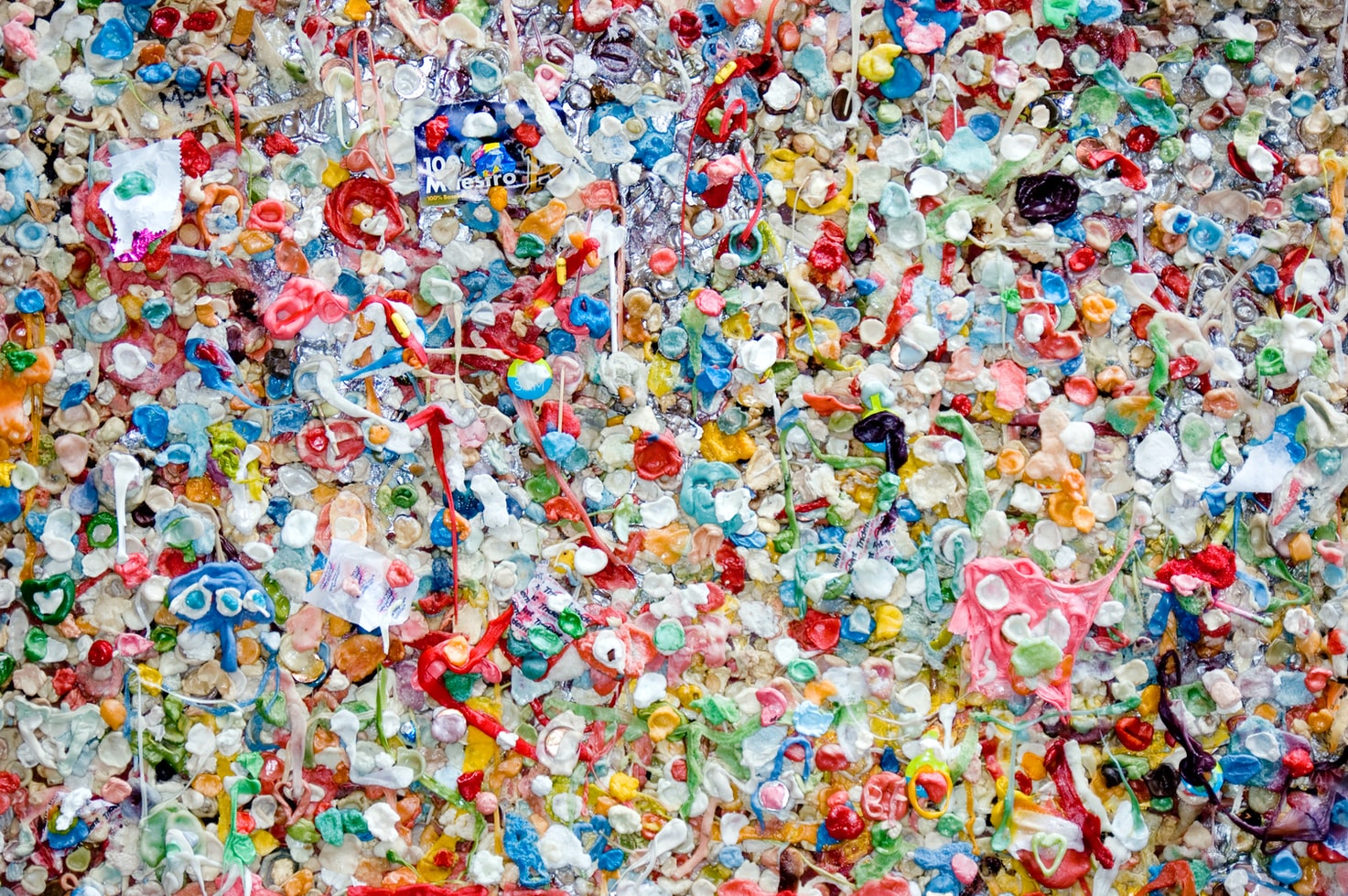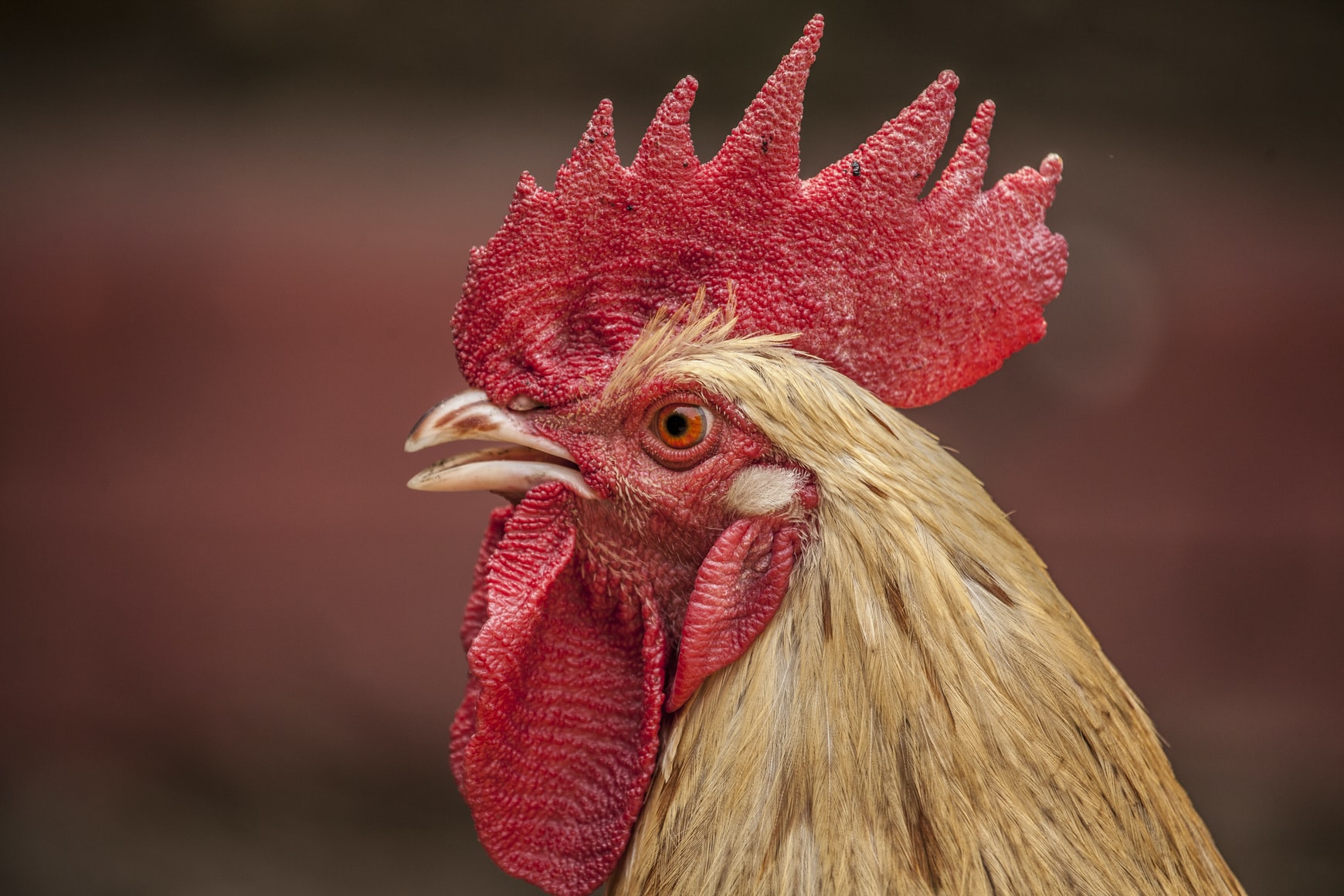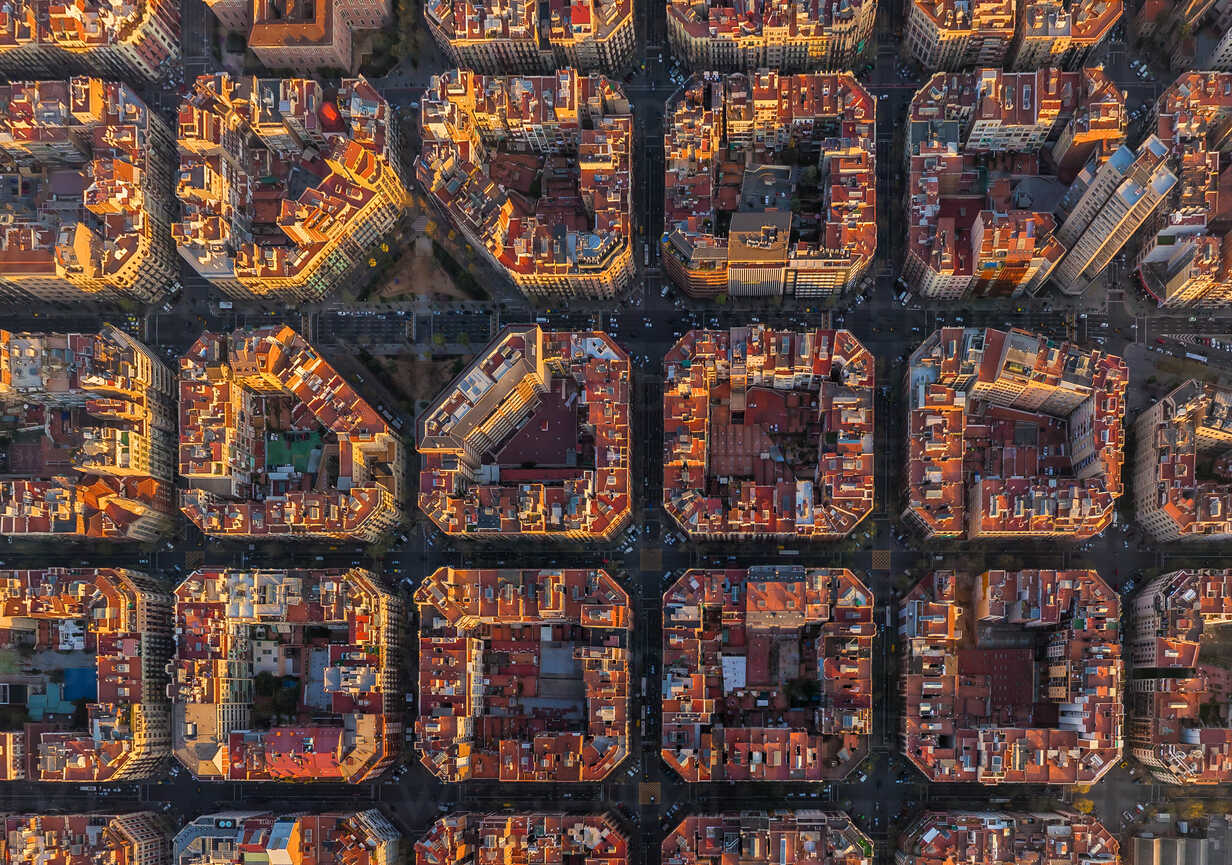2021 is dead. Instead of a eulogy, we’re going to round up the hottest sustainability news from its last month, as is tradition.
Invisible barcodes to increase plastic recycling
The BBC has this report on a pilot scheme in Denmark to emboss invisible machine-readable, QR codes onto all consumer product packaging. This will allow machines at recycling plants to know what type of plastic it is, what it was used for and then whether it can be re-used or recycled. Early trials have shown a 95% accuracy rate, which is pretty promising, if you ask us.
With so many people ‘Wishcycling’ all sorts of inappropriate plastic, this could vastly increase the quality of our trash.
We want sustainable products!
Over the past few years, sustainability has shot to the front of mind. So It’s not surprising to hear that people are ditching wasteful, pollutive products and making more sustainable choices.
The extent to which this is happening is a bit more exciting though. In the UK it was reported that people spent more than 100bn on sustainable and ethical products for the first time. 122bn pounds on sustainable products, to be exact.
Frankly, that’s frickin’ great. Let’s hope that in 2022 folk are going to spend another record amount on less wasteful sustainable stuff. In the UK and beyond.
Burger King launch plant-based nuggets
Tofu turkey? Tofurkey. Fake bacon? Facon. Plant-based chicken nuggets? How about mock-a-doodle-doos?
Yes, Burger King is launching its own plant-based nugs. It’s part of a bid to have a 50% meat-free menu. Hopefully it goes a bit better than the ‘Rebel Whopper’ from 2019, which – while it’s patty was plant-based – was cooked on the same grill as the beef burgers and which contained egg-mayonnaise. You win some, you lose some.
Denmark to make all flights fossil-fuel-free by 2030
In her address to the nation on new years’ day, Denmark Prime Minister, Mette Fredriksen announced plans to drop fossil fuels from all domestic flights by 2030. Which is especially ambitious, given that no one knows how to do green fuel for aviation yet.
“She added that the scientific solutions weren’t yet fully in place and that achieving the goal would be difficult. However, with researchers and companies working on solutions, Denmark is determined to set an example in this endeavour and make it happen within the next eight years.”
Good luck to them. We’d love to see it happen.
Are Barcelona’s Superblocks a model for sustainable cities?
And we’ll leave you this month with a revealing long-read about land use and urban planning in Barcelona. The idea is based on creating ‘superblocks’ – areas that are bigger than a single block of housing, but smaller than a whole neighbourhood and to reclaim space used for traffic, prioritising people over cars. This allows for more green space which reduces temperatures in cities, more community space, safer pedestrianisation and less vehicular pollution.
It’s a revealing read, although it would be interesting to see whether the same approach could be replicated in a city that doesn’t have as rigid a grid system in its town planning.
In any case, the Superblocks that have been established so far in Barca, such as in the trendy Sant Antoni neighbourhood, seem to be working. NO2 concentrations have been measured at around a third lower at some intersections. In 2022, work will begin on a plan to transform 21 more streets. It’s great to see these progressive changes in the city where Akepa was founded.
That’s it for this month. See you in February.






Leave a Reply